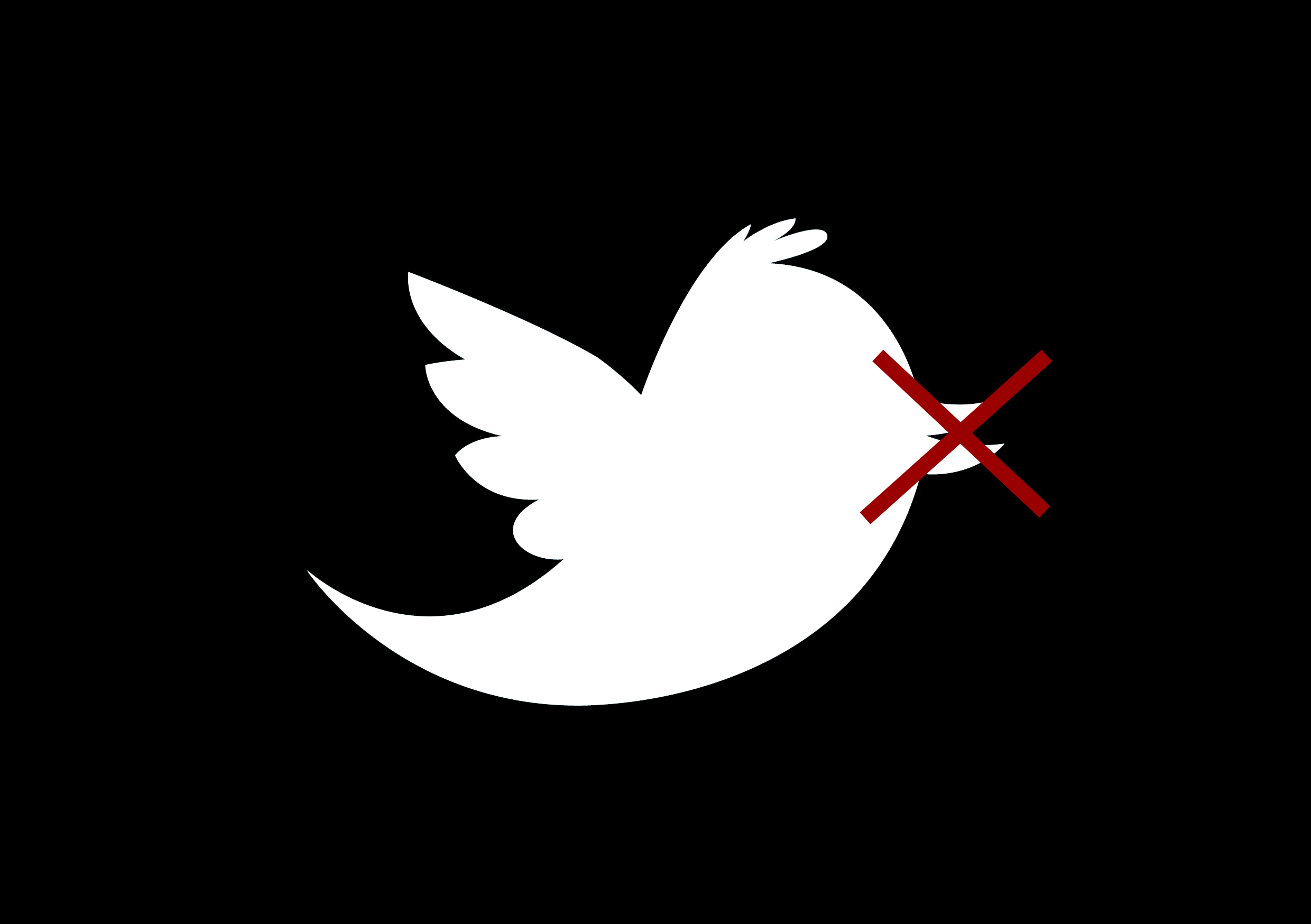Judges this week retired to mull over whether a Twitter message threatening to blow up a snowbound airport ‘sky high’ was a ‘a menace to society’. Illustration by Sehb Hundal.
Paul Chambers, a 27-year old accountant, has said that he thought that no-one would ever have taken seriously his joking threat to blow up Robin Hood airport. ‘Crap! Robin Hood airport is closed. You’ve got a week and a bit to get your shit together otherwise I’m blowing the airport sky high!!’ he tweeted to his 690 followers.
- ‘This was a steamroller to crack a nut,’ Ben Emmerson QC, for Chambers, told the High Court this week.
- You can read Kim Evans on the so called Twitter joke trial HERE.
‘Now, many people might assume that a joke message could never be menacing if it wasn’t intended to be by it’s sender – otherwise you would have to put everything you ever wrote through a filter. You would have to think every tweet, every Facebook posting through to it’s ultimate conclusion and think really hard if someone, somewhere might find it a bit scary, possibly.’ Kim Evans
Twitter: an ethics free zone?
Meanwhile in other social media related news, Francis Fitzgibbon QC considered the ethics of blogging HERE in a statement for the Leveson Inquiry into the Culture, Practices & Ethics of the Press. You can read Francis’s articles for the JusticeGap HERE.
Francis was asked the extent to which he considered ‘that ethics can and should play a role in the blogosphere’. This was ‘a huge question’ and probably called for ‘the skills of a social psychologist and a philosopher for a really informative answer’, he said. ‘But these are my views. There is no reason to consider that the “blogosphere” is or should be an ethics-free zone. The term “blogosphere” and the phenomenon it describes, has generated a mystique that it does not merit. It is a part of human life and therefore demands normal standards of behaviour, and has them (at least in the small part of it that I am familiar with).’
On the need for regulating bloggers: ‘In a pluralist and open society we have to tolerate many things that we dislike or find offensive, if no for other reason than because the alternative – suppressing them – is worse. The blogosphere may have its fair share of cranks and mischief-makers, but their exposure to criticism should reduce the real harm that they can do.’
On why Francis blogs: ‘I have long thought that the mainstream media, with some honourable exceptions, routinely misunderstand or actively misrepresent the legal process. Caricatures of out-of-touch Judges, greedy and immoral advocates, and gross oversimplifications of cases and decisions are the staple. The web provides much better sources of information about the law than are to be found in the mainstream media.’




